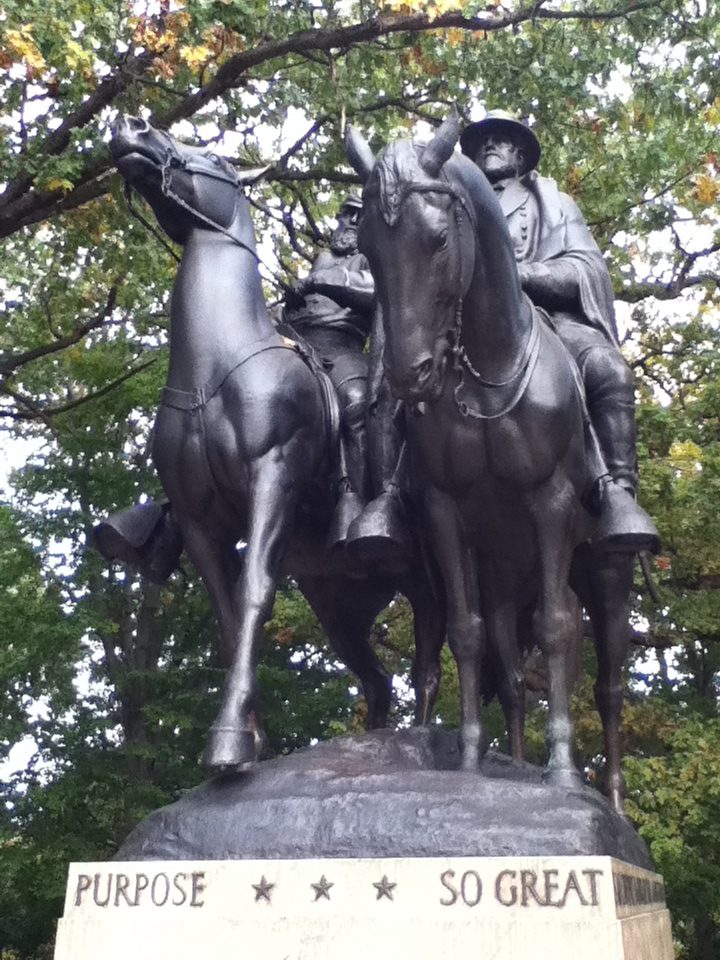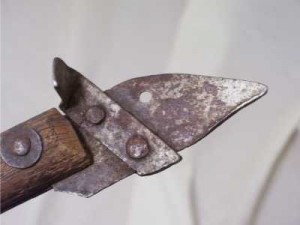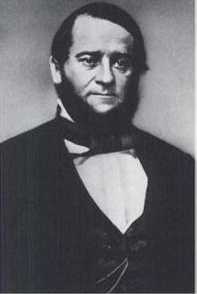A couple of months ago, I wrote that a lot of U.S. military bases back east are named for Confederate generals. As several people pointed out, there are lots of places here in California that are named for Confederate generals as well. I think the most interesting of these places is the city of Fort Bragg, named for Confederate general Braxton Bragg. If you want to go somewhere for the weekend from the Bay Area, Fort Bragg is worth a trip. Although the city is very small, it has 2 major tourist attractions: Glass Beach and the Skunk Train. The Skunk Train is a 19th Century steam train that weaves through ancient redwood forests. Fort Bragg also has a beautiful coastline and great hiking trails.
California’s admission into the Union was a big factor leading to the Civil War. Prior to 1850, all the new states in the southern half of the U.S., like Texas, were admitted as slave states, and all the new states in the northern half, like Michigan, were admitted as free states. However, California is in the southern half of the U.S., going right to the Mexican border. Slave state senators voted for California’s admission as a free state in 1850 in exchange for northern senators voting for the Fugitive Slave Act, something the slave owners badly wanted. But afterward, it dawned on the slave owners that California’s admission as a free state meant that they had no future in America’s westward expansion and that with time, slavery would disappear.

CORPORAL PUNISHMENT IN SOUTHERN SCHOOLS.
Last month, I wrote that it seems ironic to me that many Southern states inflict harsh physical punishments on public school students for minor violations of school rules while at the same time prohibiting schools from requiring students to wear face masks. Since then, several people have told me about their experiences when they went to school in the South. A man I know well told me that he was paddled in junior high school in Texas for wearing a baseball cap backwards. The teacher claimed that it was evidence that he was in a gang. Southern politicians, including the governors of Texas and Florida, have banned face mask mandates in public schools on the grounds that “we are against government mandates”, but they defend beating up kids for minor violations of school rules. Am I the only person who thinks this seems illogical? I never hear TV newsmen questioning Southern politicians who oppose mask mandates but support corporal punishment.

P.S. – If every boy who wears a baseball cap backwards is in a gang, then there are a lot more gang members around here than I imagined!





